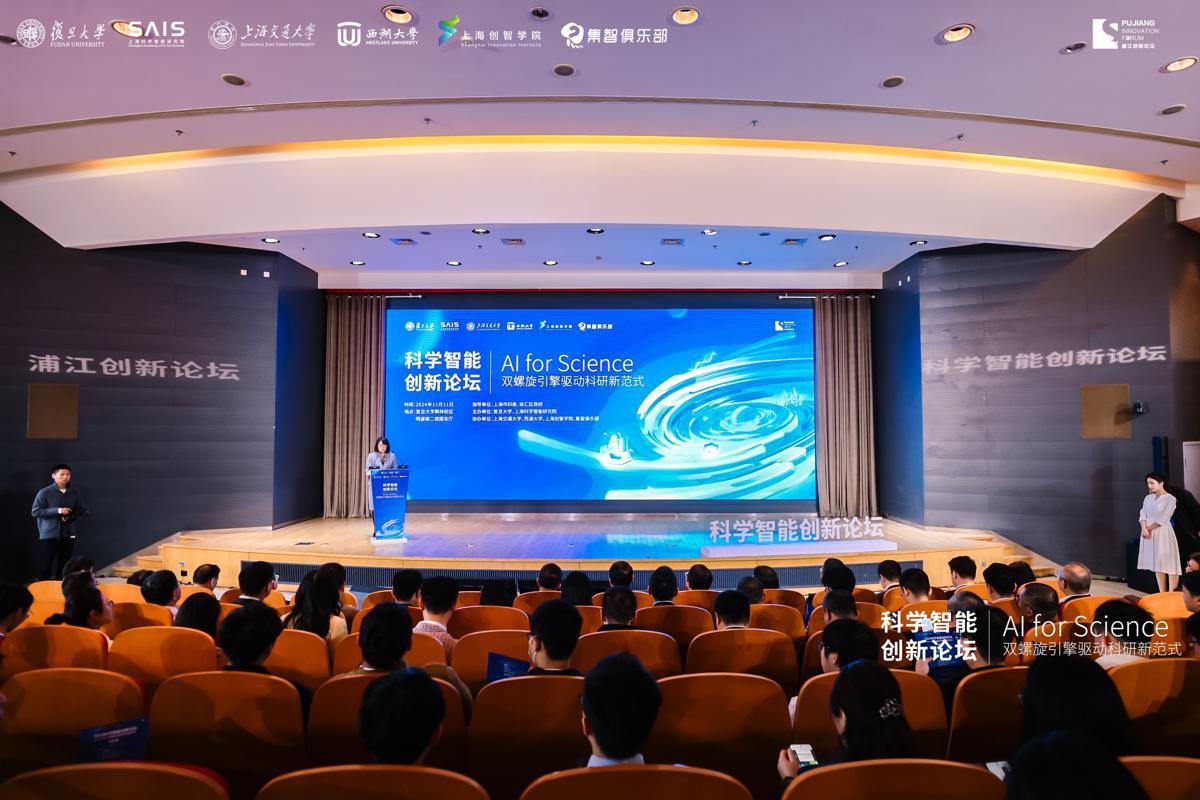SHANGHAI ACADEMY OF AI FOR SCIENCE RELEASES 'TOP 10 Frontiers IN AI FOR SCIENCE'

Shanghai - The Shanghai Academy of AI for Science released its highly anticipated list of "Top 10 Frontiers in AI for Science" on Monday, marking a new era of scientific discovery powered by artificial intelligence. The announcement was made at the 2024 AI for Science Innovation Forum held in Shanghai, where it was joined by partners Fudan University, Swarma Research, and Alibaba Cloud.
The release highlights the growing importance of AI in scientific research, following recent Nobel Prizes in Physics and Chemistry awarded for AI applications in scientific studies and the inspiration of science for AI earlier this year. The top 10 frontiers include AI-powered scientific models, which enable AI to tackle complex problems such as protein folding and climate modeling; AI-inspired scientific insights, which develop algorithms inspired by biological and physical principles; and AI for scientific infrastructure, which build tools to manage and analyze vast amounts of scientific data.
According to the Shanghai Academy of AI for Science (SAIS), the release aims to promote cooperation and integration among scientists in both AI and basic research fields. The academy hopes to create an "AI Einstein" that can independently discover new laws of complex systems, driving innovation in both AI and science.
China's strengths lie in basic scientific research, with numerous papers published globally over the past few years. However, the next step for China is to enhance integration between scientists working in different fields and empower collaboration, according to SAIS.
As the double helix engine of AI and science propels society towards a new era of discoveries, scientists are optimistic about the future potential of this fusion. With ongoing efforts to bridge the gap between basic research and practical applications, China hopes to take its place among global leaders in scientific innovation.
